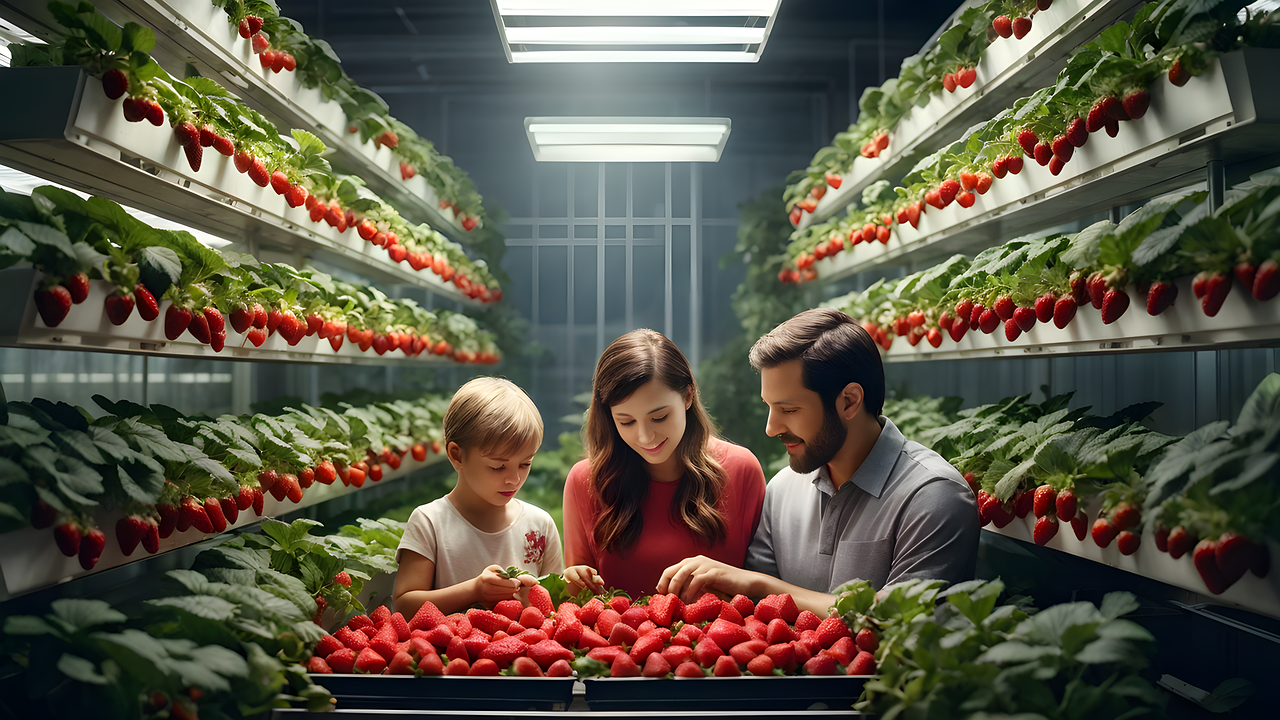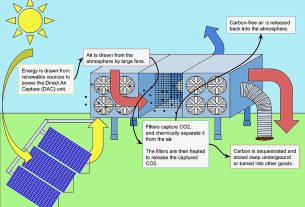The Netherlands has firmly established itself as a global leader in agriculture, with a remarkable agricultural export value of €117 billion in 2023. Despite its small geographical size, the country ranks as the world’s third-largest agricultural exporter, trailing only the United States and Brazil. This success is not merely a product of its land but the result of decades of innovation, technological advancement, and a commitment to sustainable farming practices.
The figures from 2017 are as follows:

Pioneering Agricultural Technology
One of the most significant drivers of the Netherlands’ agricultural success is its cutting-edge greenhouse technology. The country’s advanced systems have transformed traditional farming methods, allowing for highly efficient production in controlled environments. Dutch greenhouses are equipped with state-of-the-art climate control, precision irrigation, and robotics. These technologies have enabled Dutch farmers to reduce water usage by 90%, a remarkable feat in an era where water conservation is critical to sustainable agriculture. Additionally, the use of chemical pesticides has been eliminated, with natural methods employed to maintain crop health.
The focus on controlled environments allows Dutch farmers to produce food in a more environmentally sustainable way, reducing the carbon footprint and minimizing the impact of agriculture on natural resources. This technological approach is particularly vital in a country like the Netherlands, where available land for traditional farming is limited.
Sustainable Farming Practices
The Netherlands has also made significant strides in sustainable farming practices. Dutch poultry farmers, for example, have reduced their use of antibiotics by 60% since 2009, all while maintaining high production levels. This is a part of a broader national effort to promote more sustainable and ethical farming methods. By embracing these changes, Dutch farmers are not only addressing consumer concerns over food safety and animal welfare but are also setting a global standard for responsible agriculture.
A key component of the country’s success in this area is the ongoing collaboration between entrepreneurs, researchers, and agricultural professionals. This partnership has been essential in driving innovation and fostering a culture of continuous improvement in farming techniques. Dutch agricultural research institutions play a pivotal role in developing new technologies and strategies that are both environmentally and economically sustainable.
Driving Global Agricultural Trends
The Netherlands’ approach to agriculture has set a global example for how small countries can lead in innovation and sustainability. The strategic integration of technology, sustainability, and research has allowed the Dutch agricultural sector to thrive while meeting the challenges posed by climate change and growing global food demand.
As the Netherlands continues to develop its agricultural expertise, its influence on global food systems will only grow. The country’s commitment to sustainability, technological innovation, and responsible farming practices is shaping the future of agriculture worldwide. By leveraging its knowledge and capabilities, the Netherlands is ensuring that it remains at the forefront of the global agricultural industry, providing valuable insights for other nations looking to build more sustainable food systems.
References:
- This Tiny Country Feeds the World: https://www.nationalgeographic.com/magazine/article/holland-agriculture-sustainable-farming
- These Dutch tomatoes can teach the world about sustainable agriculture: https://www.weforum.org/stories/2019/11/netherlands-dutch-farming-agriculture-sustainable/#:~:text=The%20Netherlands%20is%20a%20leader%20in%20efficient%20and%20sustainable%20agriculture,the%20environment%2C%20while%20maximizing%20yield.
- AgTech Ecosystem Thrives in the Netherlands: https://investinholland.com/news/agtech-ecosystem-thrives-netherlands/

